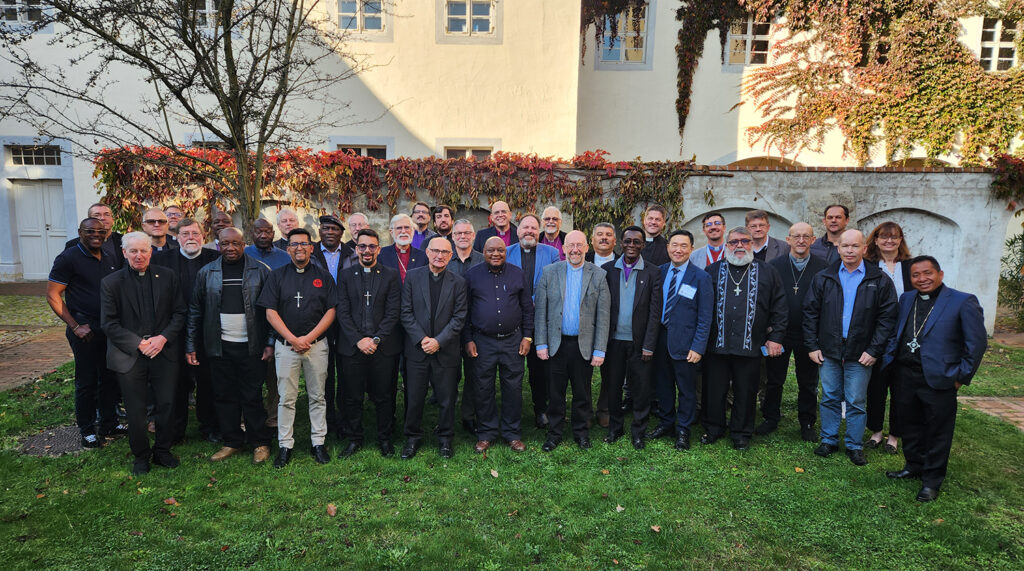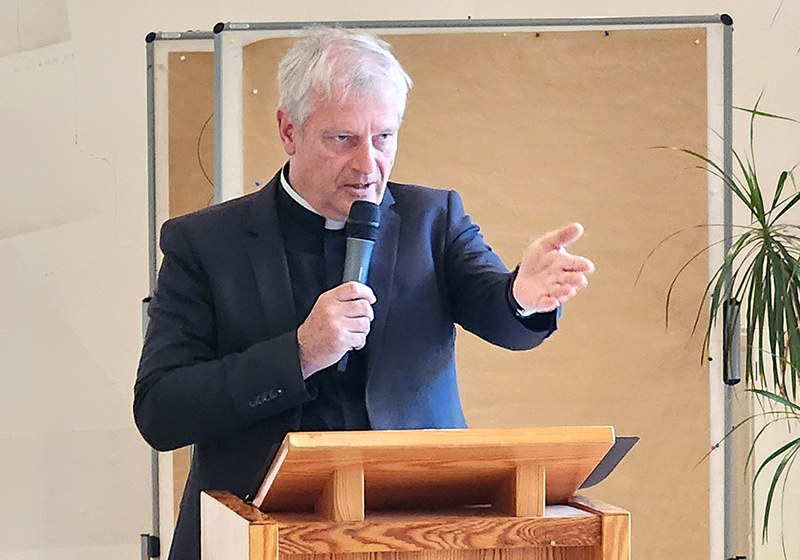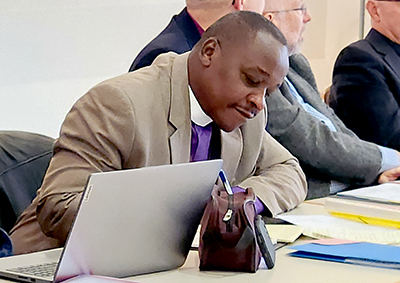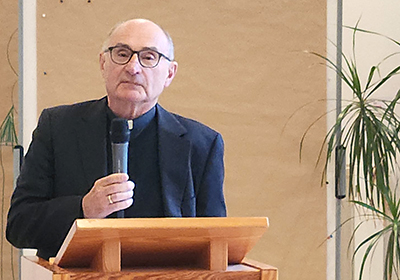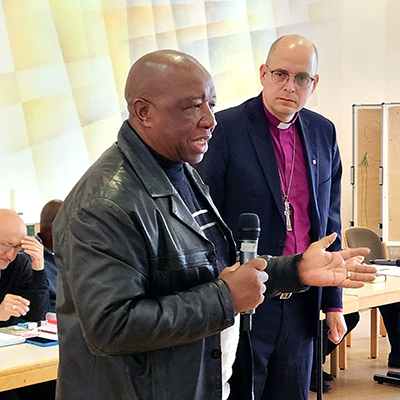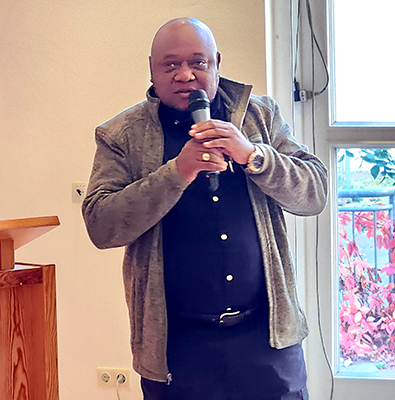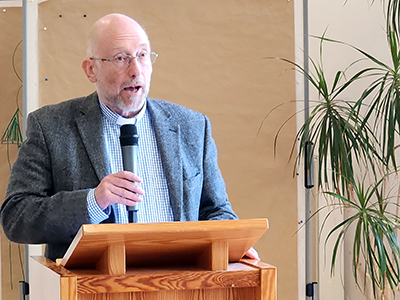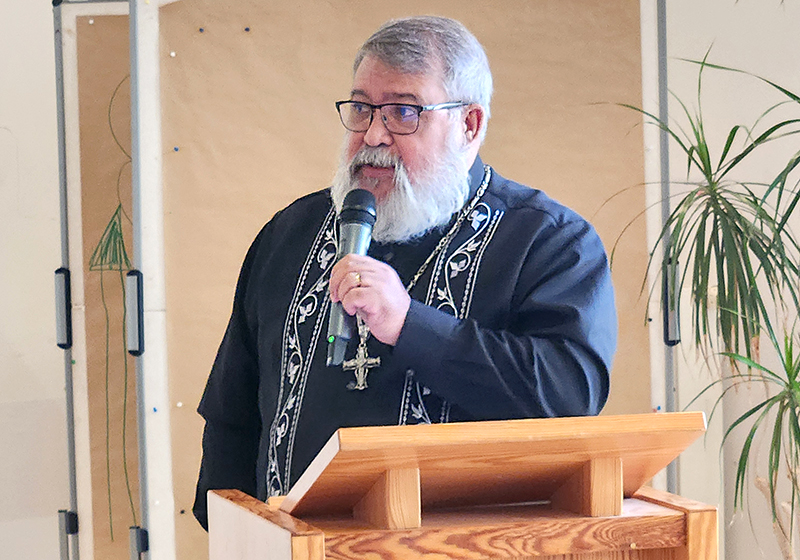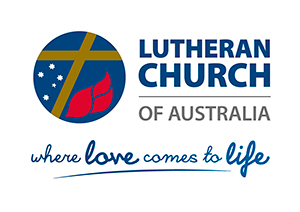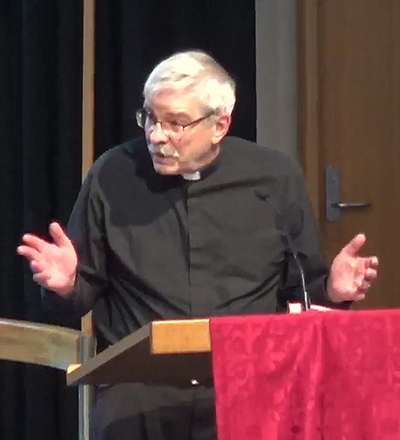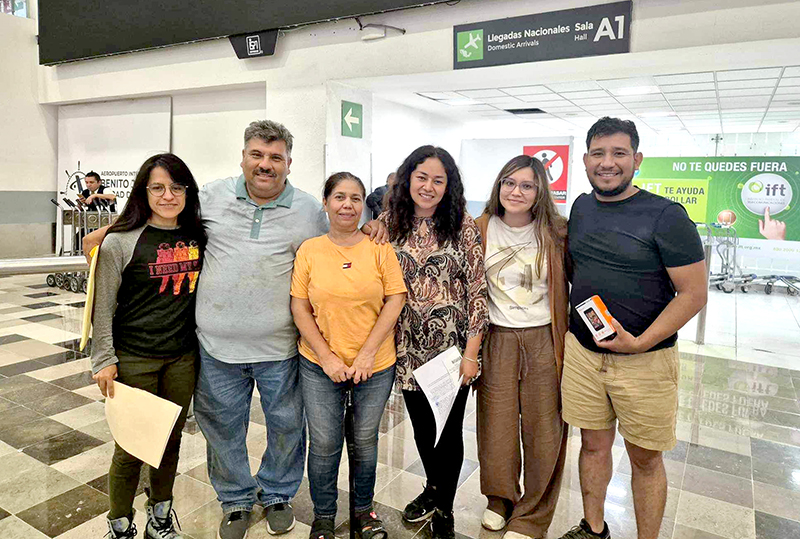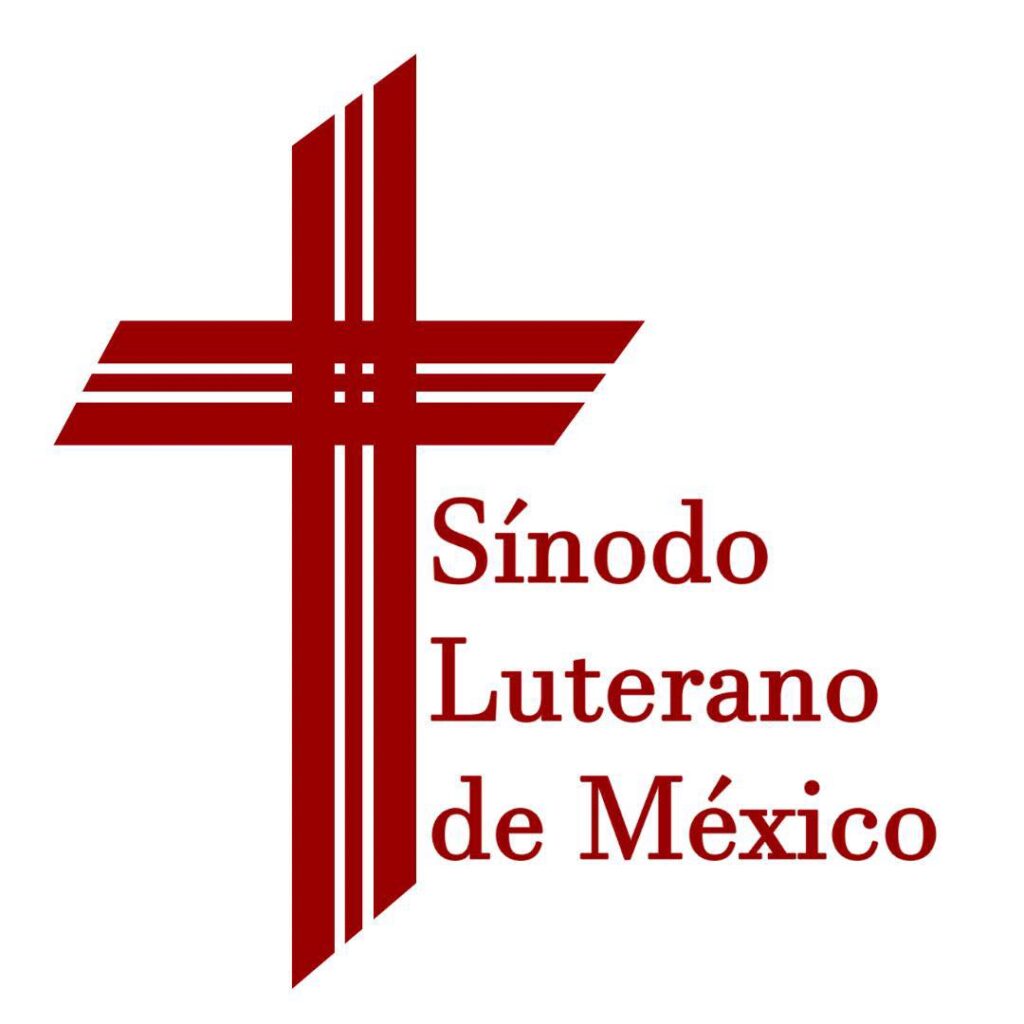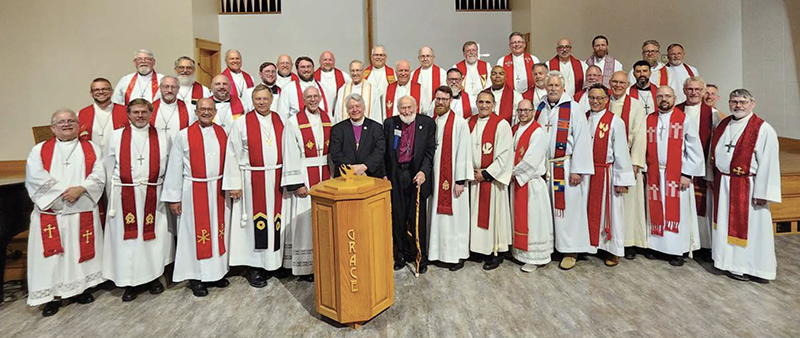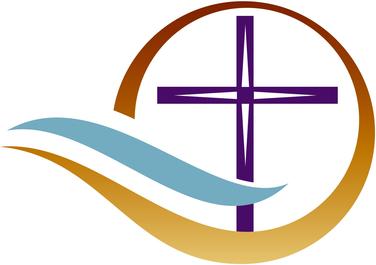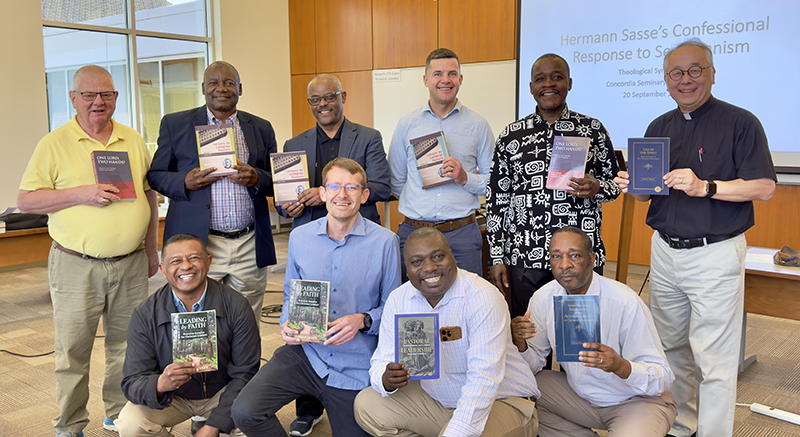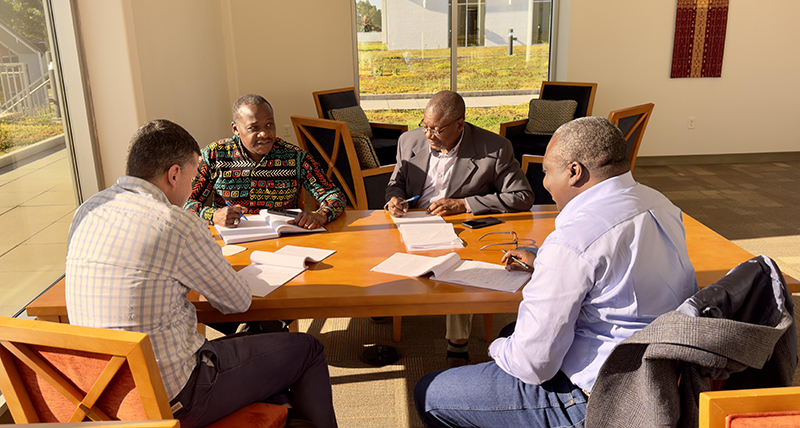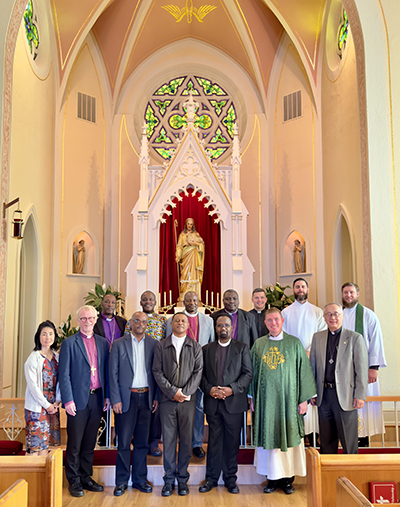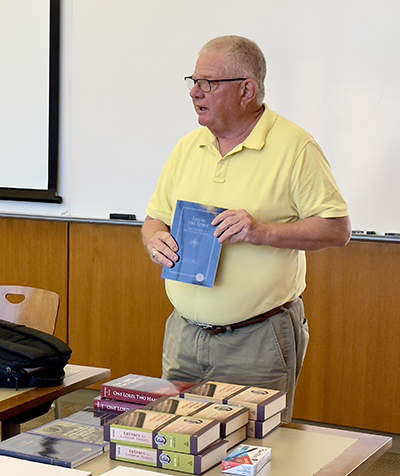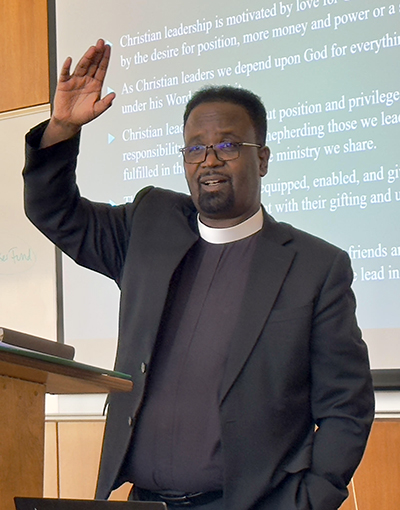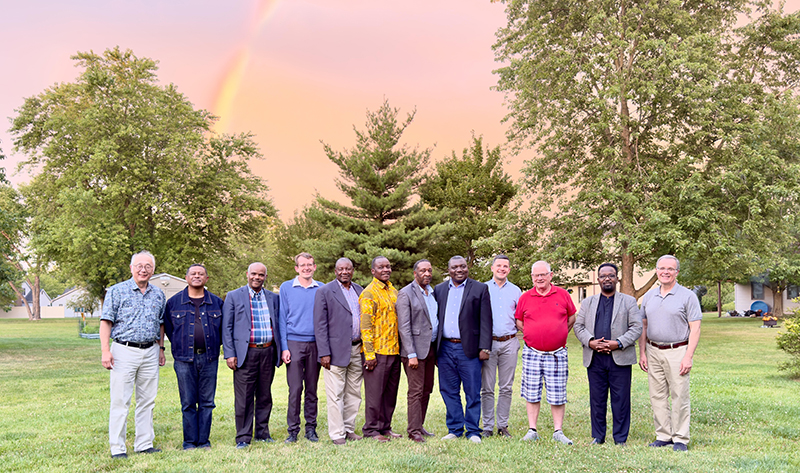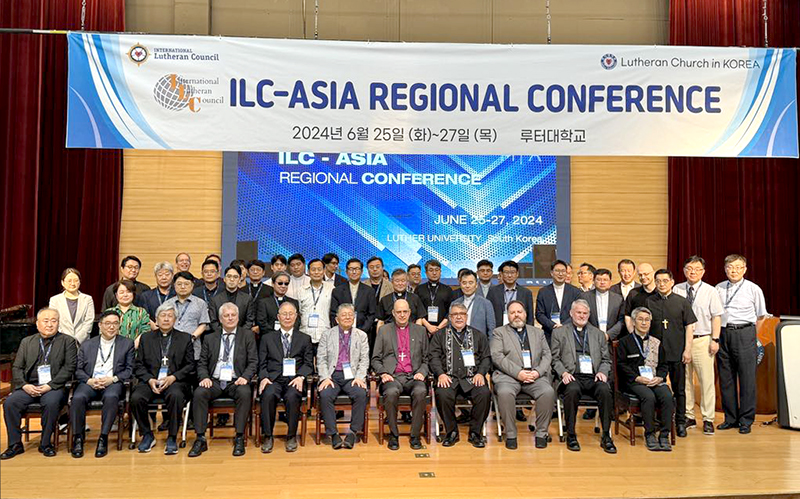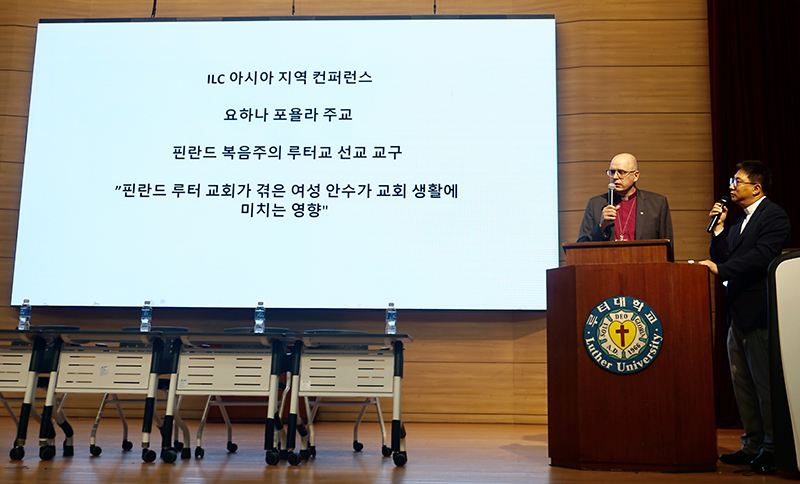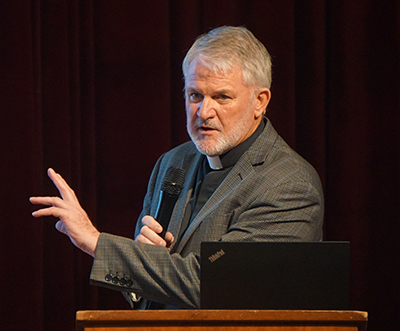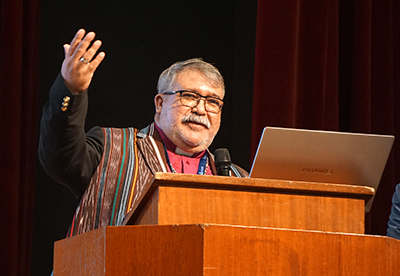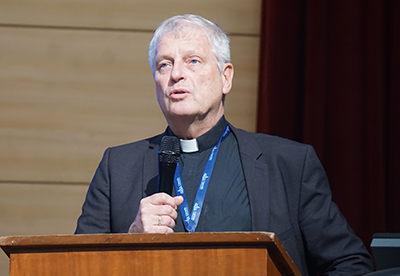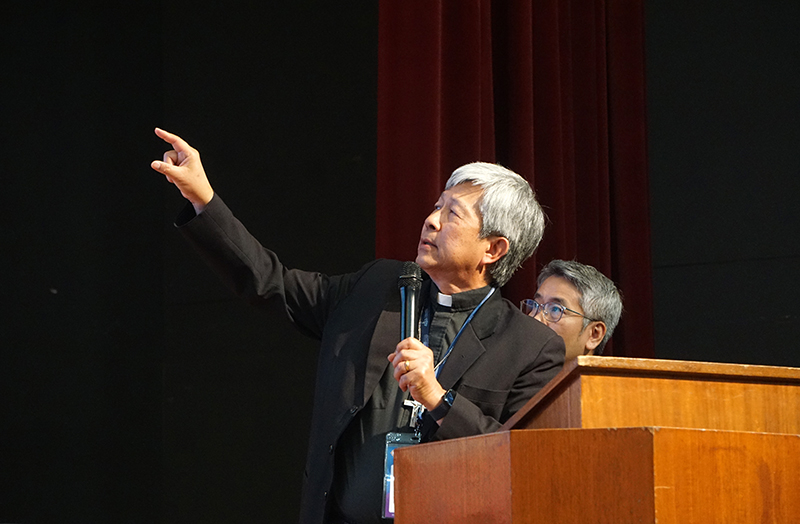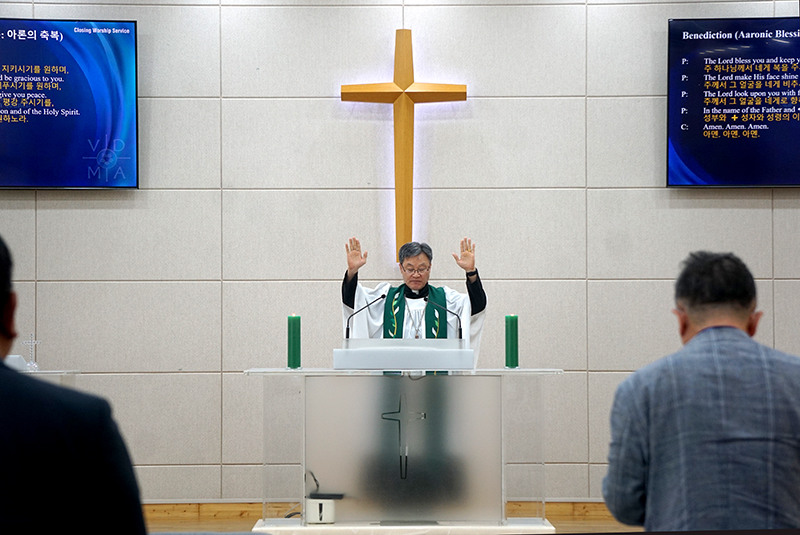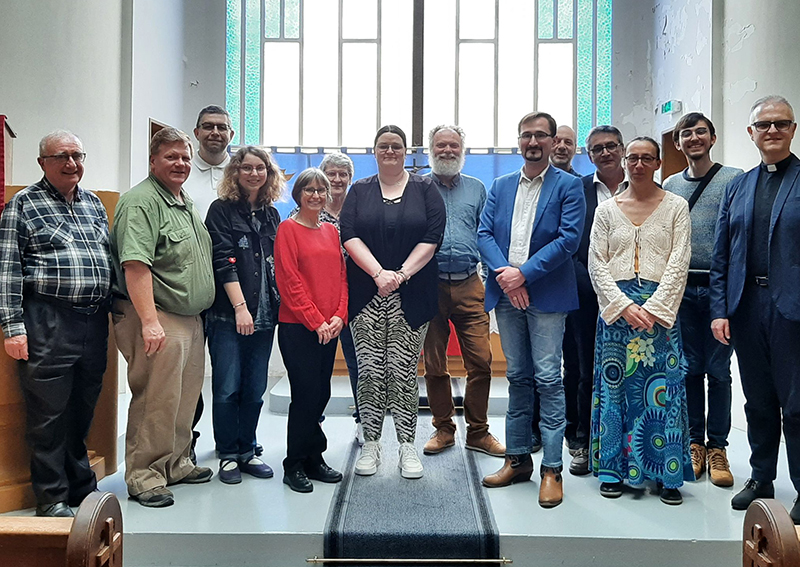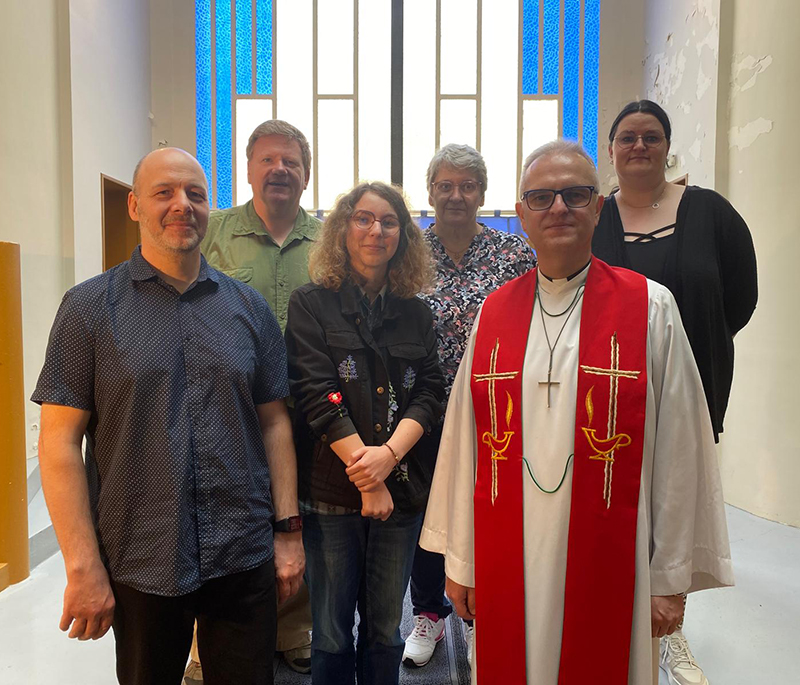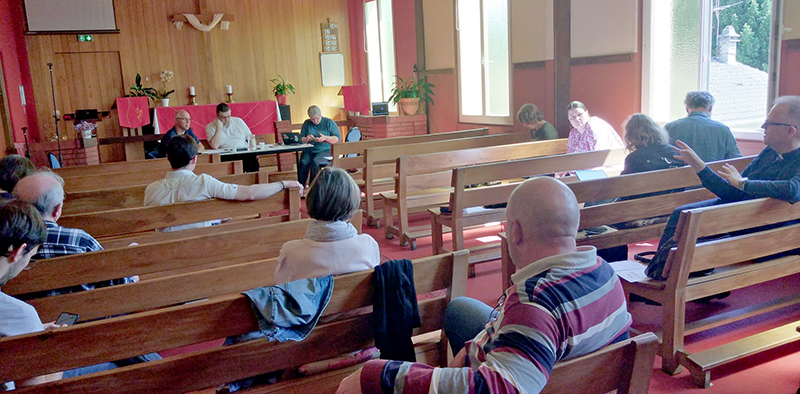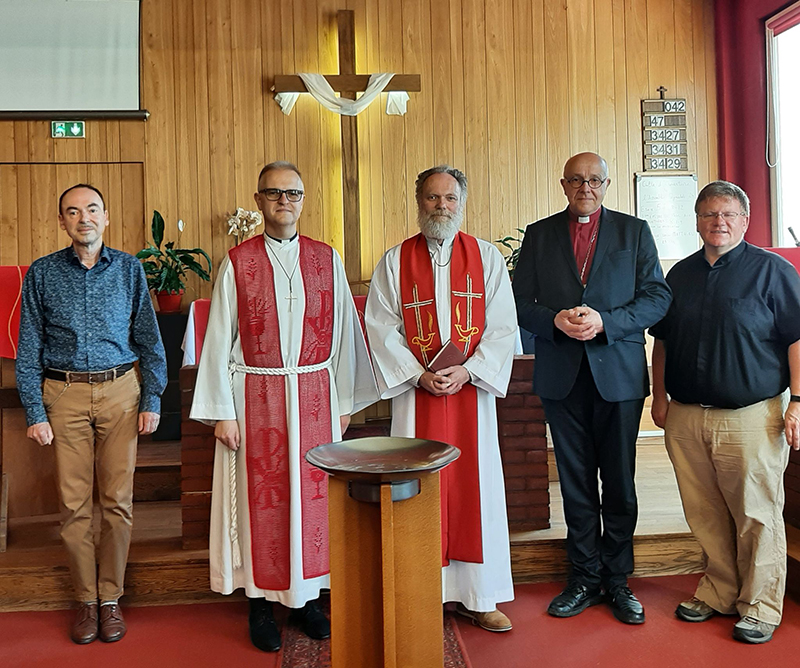
by Antonio del Rio Reyes
As we gather to celebrate the Reformation, we remember the bold steps Martin Luther took 507 years ago as God’s instrument to bring the church back to the truth of God’s Word. The Reformation was more than just a historical event; it was an undertaking of spiritual renewal that called believers back to the heart of the Gospel: salvation by grace through faith in Christ alone.
Today, as we reflect on Luther’s legacy, we are reminded that the work of reformation continues, not only within the church but also within our own lives. Romans 12:2 urges us: “Do not conform to the pattern of this world, but be transformed by the renewing of your mind. Then you will be able to test and approve what God’s will is—His good, pleasing, and perfect will.” Just as the Reformation sought to transform the church, God calls us to ongoing personal transformation. The Word and the Sacraments, which are the means of grace, strengthen our faith in Jesus and renew our hearts, turning us away from the world’s fleeting values and toward the eternal truth of God’s will.
True transformation begins in our Baptism, when the Holy Spirit reshape our hearts and our thinking, aligning it with the Holy Bible as the infallible and inerrant word of God. Luther’s courage was not simply in challenging external authorities but, with the Spirit’s help, in submitting himself fully to the authority of God’s Word. We too are called and moved by the same Holy Spirit to live our lives in accord with the Bible, moving us to love and serve. We love because Jesus first loved us, and we serve as He first served us. In a world that presses us to conform to its patterns of self-promotion and compromise, we are called to stand apart—transformed by the Gospel of salvation and living in the light of Christ’s love.
As we celebrate the Reformation, let us remember Ephesians 2:8-10: “For by grace you have been saved through faith. And this is not your own doing; it is the gift of God, not a result of works, so that no one may boast. For we are His workmanship, created in Christ Jesus for good works, which God prepared beforehand, that we should walk in them.” Just as Luther trusted in the power of the Gospel of Jesus to change hearts and minds, may we also—moved by the same Holy Spirit—trust in that same Gospel of Jesus. May we trust in Jesus, who died on the cross and rose from the grave to give us eternal life.
Reformation is not merely a history, but a living, active, and ongoing work of God, as Father, Son, and Holy Spirit accomplish their work in us today.
A blessed and joyful Commemoration of the Reformation to us all.
Soli Deo Gloria!
———————
Rev. Antonio del Rio Reyes is President of the Lutheran Church in the Philippines and the regional representative for Asia on the International Lutheran Council’s Board of Directors.

